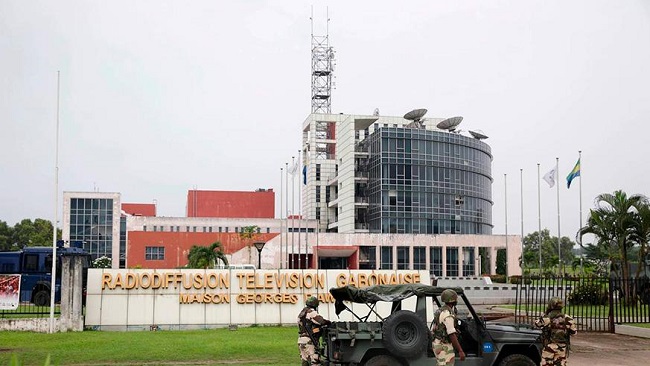Gabon: Military coups are a thing of the past
On Monday, January 6, a group of young military officers in Libreville, Gabon attempted to overthrow the government of President Ali Bongo. The attempt failed. That should not have surprised anybody. It has become increasingly difficult to a stage a coup d’état successfully in Africa. It is actually foolish to think you can overthrow a government and get away with it.
The most recent in 2015 in Burundi was ruthlessly crushed and unleashed massacres of civilians. The young officers should therefore have known better. Of course, this was not always the case. There was indeed time in Africa, in the 1960s and 70s, when such actions were commonplace. No longer.
So why was it easy then and nearly impossible today? A combination of factors, some of which are particular to local circumstances and others shared by other countries, explains this difference. In the case of Gabon, there seems to have been a series of miscalculations or misconceptions.
First, the young officers must have assumed that there was a power vacuum that they could readily fill because of an absentee and ailing president. In doing so, they underestimated the power of the state and the level of loyalty to the government.
This blunder betrays a mistaken view of governance in Africa that equates the chief executive with the state, of the strong man who rules alone and has absolute power. It is a view peddled by foreign commentators on Africa and even some sections of the African intelligentsia.
As it happens, this is not exactly the case.
There have been other cases of absentee presidents but the state has continued to function. In Nigeria, for instance, President Buhari has been absent from the country for long periods undergoing medical treatment in London.
There were even rumours of his demise and a look alike sitting in his place to fool Nigerians and the rest of the world. The Nigerian state continues to function.
In neighbouring Cameroon, long-serving President Paul Biya is permanently resident in Europe, returning home only for the odd occasion or periodic elections. Despite this, he still sits pretty on the presidential throne.
You might say that reflects more on Cameroonians as a docile people content to be governed from distance than on the resilience of the state. That may be so, but there is a growing number of young people and probably young officers discontented with the status quo but who have not chosen the coup path as a solution to national ills.
The second miscalculation seems to have been an overestimation of the level of popular discontent, especially among the young people. The coup plotters hoped, and indeed pleaded, for an uprising. In the event, it did not happen.
No doubt there are many disaffected young Gabonese, as indeed there are in other parts of the world, but it seems the level of disaffection is not so high as to support an illegal takeover of government.
Thirdly, the plotters did not reckon with a swift response of the government and the rest of the military. They had thought the government would be frozen into inaction, especially with the absence of the president.
This too is a reflection of estimation of the shock effect of their action and expected support from the rest of the military. The other reasons for the failure of military takeover of governments in recent years lie outside individual countries.
One of them is the unequivocal stance of the African Union regarding attempts to change government by unconstitutional means, especially armed force. This has largely been the result of a consensus among African countries that has evolved over the last two decades. The threat of sanctions, isolation and even military action has been a strong deterrent so far.
The hope across the continent is that this level of resolve and intolerance should extend to rogue states and leaders that continue to disregard all norms of civilised conduct in their domestic affairs as well as in international relations.
The second is geopolitical. At the time that coups d’état were common occurrence, they were either instigated or actively backed by some of the big powers, especially during the Cold War. The Cold War ended and wars by proxy and installation of pliant governments by one or the other of the sides in that war greatly reduced.
Now regime change can be effected through other means. Besides, the powers that used to promote military takeover of governments are in no state to do so at the moment. They have serious problems of their own to deal with or have little interest in what is happening in Africa, for now at least.
For all these reasons and more, the coup d’état path to power has become less attractive because its success is no longer certain. We might safely say that the classical military takeover is now a matter of historical record.
Culled from The New Times





